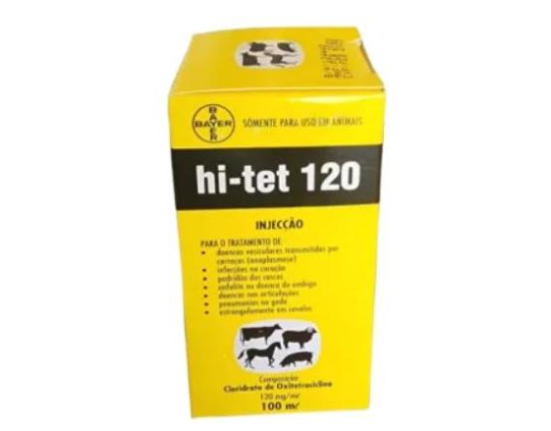Home Storage of Precious Metals
When storing precious metals like gold and silver at home, specific precautions are essential. Home safes must be heavy, fireproof, and waterproof to ensure comprehensive protection against various risks. The storage area should be discreet and difficult for unauthorized individuals to access. Typical homeowners’ insurance policies usually offer limited coverage for valuables like precious metals. To mitigate the financial risks associated with theft or damage, homeowners should consider additional insurance plans, such as floater policies, to provide broader and more comprehensive coverage for their precious metal collections. Joe Yaffe, co-owner of Gainesville Coins, underscores the importance of insuring precious metals stored at home due to the increased risk of theft.
Using secure storage facilities, such as vaults or depositories, offers a higher level of security and insurance coverage compared to home storage options. Vaults and depositories are specially designed to store investment-grade metals and come with heightened security measures, reducing the risk of theft or damage. Home storage alternatives, however, can be convenient for individuals who prefer immediate physical access to their precious metals. It’s essential, however, that the storage methods implemented align with both security needs and insurance coverage expectations.
Utilizing Secure Storage Facilities
Secure storage facilities such as vaults or depositories provide a safeguarded environment for precious metals. These facilities are designed to offer enhanced security features including 24/7 monitoring, reinforced construction, and access control systems. According to Charles Stevens, COO of Bullion Box Subscriptions, using safe deposit boxes offers another viable option for storing precious metals. However, it’s important to note that banks or the FDIC do not typically insure these boxes. Therefore, acquiring additional insurance is advisable to cover potential losses.
To highlight the legal implications, it is worth mentioning that Pennsylvania law regulates the dissemination of criminal history record information. This regulatory framework includes provisions for expungement, limited access, and employer immunity from liability. Contextually, reinforcing national capacities, enhancing private-public sector cooperation, and establishing international mechanisms can help minimize the vulnerabilities identified in the precious metals supply chain, as highlighted in the UNICRI report.
Various factors influence the choice between home storage and secure storage facilities. Economic considerations such as gold prices remaining near record highs—trading at $2,467.48 per ounce as of July 18, 2024—underscore the value and sensitivity of storing precious metals cautiously. Lending pressures on banks due to higher rates, persistent inflation, and weakening household finances further necessitate careful consideration of storage options. Secure facilities, in particular, offer the advantage of not only heightened security but also the convenience of having additional layers of financial protection.
Impact of Market Conditions on Precious Metal Theft
Market conditions significantly impact the incidence of precious metal thefts. For example, a study analyzing data from police reports and social media complaints in California found a 20% increase in catalytic converter thefts for every 10% rise in the value of metals like platinum, palladium, and rhodium. While gold prices are expected to rise between $2,700 to $3,000 over the next 6-12 months, driven by economic and geopolitical uncertainties, the theft-related implications of market conditions need careful attention.
Due to a drop in rhodium prices—about 80% down from nearly $30,000 per troy ounce in March 2021—catalytic converter thefts have also decreased. In Winnipeg, reported catalytic converter thefts fell significantly from 1,797 in 2022 to 25 in the first half of 2024. These reductions in thefts correspond with the decreasing financial incentive as metal prices decline.
Analysis of real-world data can offer insights into the effectiveness of different storage practices. For instance, secured storage in commercial facilities shows a lower rate of theft compared to home storage. Even with appropriate home safeguards, the potential vulnerabilities, such as unauthorized access or insufficient insurance coverage, highlight the necessity of evaluating all storage options. Ensuring thorough insurance coverage whether through floater policies or additional insurance plans is crucial for comprehensive protection.
Transversely, in clinical settings, registries and other sources of real-world data can surface safety issues like adverse events or side effects, offering actionable insights. Although clinical data systems are tailored for patient experiences and medical research, the systematic approach to data collection and analysis can be instructive for managing precious metal security.
Efforts to secure precious metals must be holistic, combining physical security measures with strategic planning. Employing a luxury safety deposit box in a professional storage environment provides an additional layer of security and peace of mind. These boxes, accessible through secure facilities, are ideal for storing valuable items like gold and silver. Such measures, integrated with broader security strategies, mitigate risks effectively.
Comprehensive approaches to securing precious metals necessitate ongoing awareness and adaptability to evolving market conditions and legal regulations. While practical measures and insurance options provide immediate solutions, continuously staying informed about shifts in the market and regulatory landscape is essential for long-term asset protection. For instance, monitoring predicted changes in gold prices and potential legal developments can inform proactive adjustments to storage and security practices.







